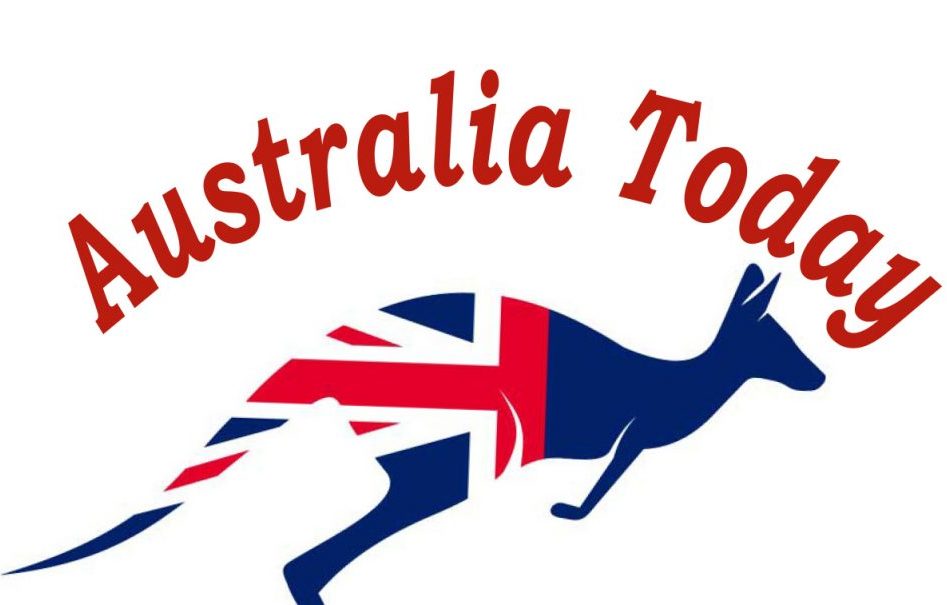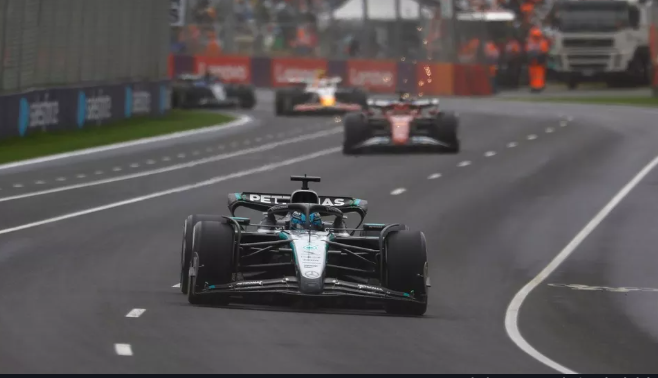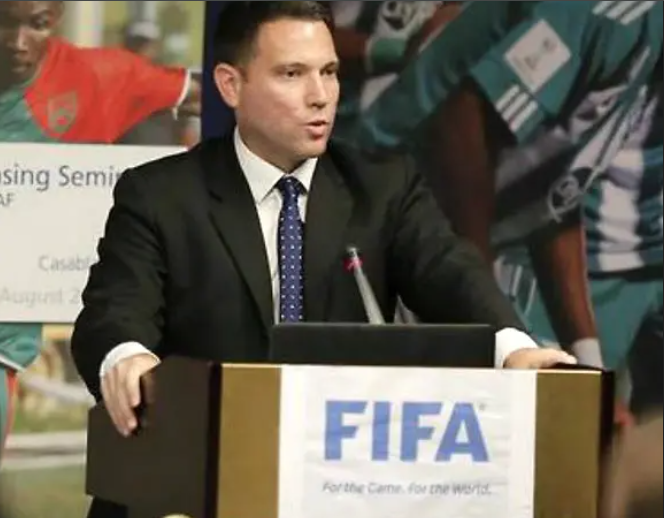
Australian businesses are facing increasing economic challenges due to U.S. tariffs, raising concerns about a potential rise in closures and bankruptcies in an already volatile trade environment.
According to the Westpac-Melbourne Institute Leading Index, Australia’s economy is projected to grow by 2.2% in 2025. While this marks a significant improvement from the 1.3% growth rate in 2024, it still falls short of the typical range of 2.5% to 3%.
This growth is largely driven by rising commodity prices and a weaker Australian dollar—factors that may not be sustainable in the long term, making the current economic recovery fragile.
The Impact of U.S. Tariffs on the Australian Economy
As these short-term growth drivers wane, concerns are mounting that U.S. tariffs could further weaken economic activity in Australia. Former U.S. President Donald Trump previously imposed a 25% tariff on steel and aluminum imports, with the possibility of additional tariffs, exacerbating financial strain on Australian companies.
Patrick Coghlan, CEO of CreditorWatch, warns that these trade restrictions could shake investor confidence, impact stock prices, and limit employment opportunities—potentially leading to a surge in business insolvencies.
Rising Bankruptcy and Default Rates
Data from CreditorWatch indicates a 47% increase in business invoice payment defaults between February 2024 and February 2025. Companies missing payments now face a heightened bankruptcy risk, with probabilities rising from 0.7% to 7.9%.
The most affected regions include Western Sydney and Southeast Queensland, where businesses rely heavily on the construction sector and contend with relatively low income levels—making them particularly vulnerable to economic downturns.
Government and Opposition Responses
Australian Treasurer Jim Chalmers has condemned U.S. trade policies, calling them “economic self-harm” and warning of their negative impact on growth and inflation.
Meanwhile, the opposition coalition has criticized the government for failing to secure an exemption from these tariffs, arguing that it could harm the national economy. Shadow Treasurer Angus Taylor has opposed Labor’s large-scale spending plans, emphasizing the need for more effective measures to ensure financial stability.
Taylor has also faced pressure to outline the opposition’s approach to addressing the rising cost of living. He stated that the coalition rejects Labor’s $1 billion spending initiatives on projects that “do not contribute to economic growth.”
When asked about reports suggesting the coalition plans to inject an additional $15 billion annually into defense spending—raising it to 2.5% of GDP—Taylor pledged to deliver better budget outcomes if appointed as treasurer.













